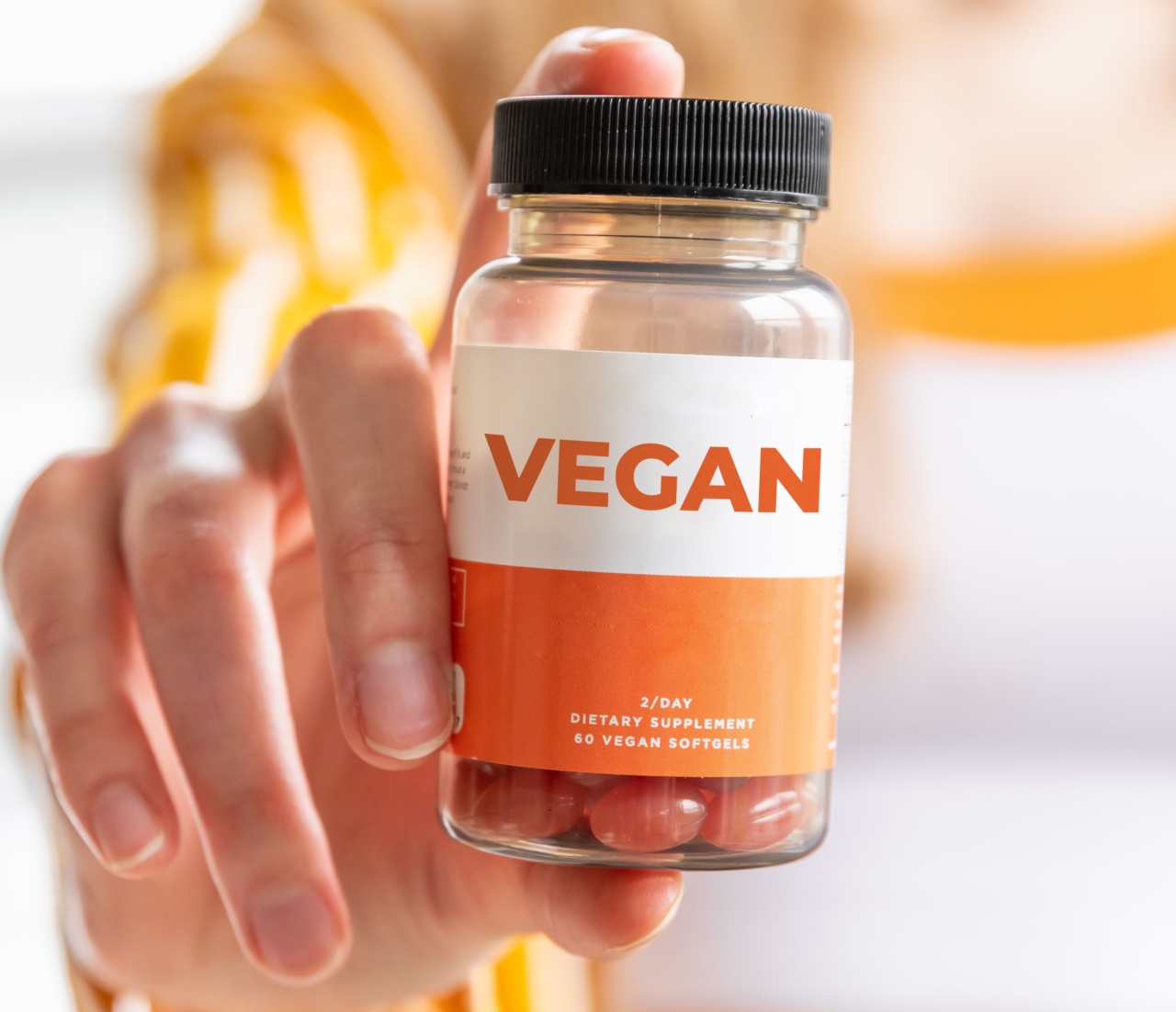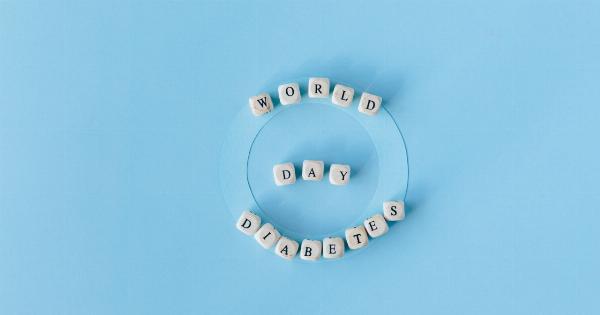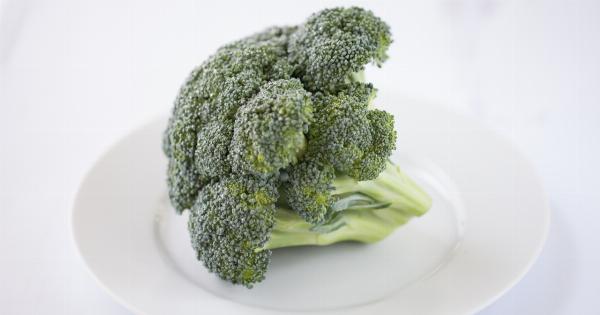Vegetarianism is a popular dietary choice, but it’s important to ensure that your body is getting all the nutrients it needs. If you’re a vegetarian, you may need to supplement your diet with certain vitamins and minerals.
This article will explain which supplements are crucial for a healthy vegetarian diet.
Vitamin B12
Vitamin B12 is essential for the proper functioning of the nervous system and the production of red blood cells. It’s primarily found in animal products, so vegetarians are often deficient in this important vitamin.
The good news is that you can easily get your recommended daily intake of vitamin B12 through supplements or fortified foods.
Vitamin D
Vitamin D is important for maintaining healthy bones and teeth, and it’s also essential for the absorption of calcium. While some plant-based foods contain vitamin D, it’s difficult to get enough from your diet alone.
The best way to ensure that you’re getting enough vitamin D is to spend time in the sun or take a supplement.
Iron
Iron is necessary for the production of hemoglobin in your red blood cells, which carries oxygen throughout your body.
While vegetarians can get iron from plant-based sources like spinach and beans, it’s important to note that the type of iron found in plant foods is not as easily absorbed by the body as the type of iron found in animal products. To ensure that you’re getting enough iron, you may need to take a supplement.
Calcium
Calcium is important for maintaining healthy bones and teeth, and it’s also necessary for proper muscle function.
While dairy products are a good source of calcium, vegetarians can get their daily intake from plant-based sources like kale, broccoli, and fortified foods. However, if you’re not getting enough calcium from your diet, you may need to take a supplement.
Zinc
Zinc is important for immune system function, wound healing, and the growth and development of cells. It’s found in animal products, but vegetarians can get their daily intake from plant-based sources like legumes and nuts.
However, it’s worth noting that the type of zinc found in plant foods is not as easily absorbed by the body as the type of zinc found in animal products. If you’re not getting enough zinc from your diet, you may need to take a supplement.
Iodine
Iodine is important for proper thyroid function, which affects your metabolism and energy levels. While iodized salt is a good source of iodine, many vegetarians don’t consume enough salt to meet their daily requirement.
Vegetarians can get their iodine from seaweed, but it’s important not to consume too much seaweed as it can contain high levels of arsenic. If you’re not getting enough iodine from your diet, you may need to take a supplement.
Omega-3 Fatty Acids
Omega-3 fatty acids are important for heart health, brain function, and the regulation of inflammation in the body. While they’re found in fatty fish, vegetarians can get their daily intake from plant-based sources like flaxseeds and chia seeds.
However, the type of omega-3 fatty acids found in plant foods is not as easily absorbed by the body as the type of omega-3 fatty acids found in fish. If you’re not getting enough omega-3 fatty acids from your diet, you may need to take a supplement.
Protein
Protein is important for the growth and repair of tissues in the body, and it’s also necessary for the production of enzymes, hormones, and antibodies.
While vegetarians can get their daily intake of protein from plant-based sources like beans, nuts, and tofu, it’s important to ensure that you’re getting enough of all the essential amino acids. If you’re not getting enough protein from your diet, you may need to take a supplement.
Vitamin K2
Vitamin K2 is important for bone health and may also play a role in cardiovascular health. It’s primarily found in animal products, but vegetarians can get their daily intake from fermented foods like natto and sauerkraut.
If you’re not getting enough vitamin K2 from your diet, you may need to take a supplement.
Conclusion
While a vegetarian diet can provide many health benefits, it’s important to ensure that you’re getting all the nutrients that your body needs.
If you’re a vegetarian, you may need to supplement your diet with certain vitamins and minerals to maintain optimal health. Talk to your healthcare provider to determine which supplements are right for you.


























